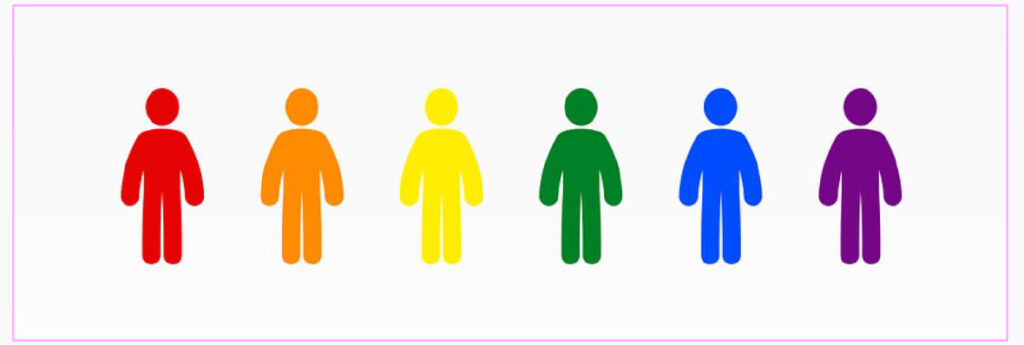When North Carolina in 2016 banned transgender people from using the bathroom of their gender identity in public buildings, California retaliated by banning state-funded travel to that state and any others with similar laws. But seven years later, following a surge of anti-LGBTQ legislation in mostly Republican-led states, California now bans state-funded travel to nearly half of the US.
The prohibition means sports teams at public colleges and universities have had to find other ways to pay for road games in states like Arizona and Utah. And it has complicated some of the state’s other policy goals, like using state money to pay for people who live in other states to travel to California for abortions.
Last week, state Senate leader Toni Atkins announced legislation that would end the ban and replace it with an advertising campaign in those states that promotes acceptance and inclusion for the LGBTQ community. The bill would set up a fund to pay for the campaign, which would accept private donations and state funding — if any is available.
“I think polarization is not working,” said Atkins, who is a lesbian. “We need to adjust our strategy. We know what we need to do, but we need to be able to be there to do it.”
Overturning the ban could be difficult in the California Legislature, where 10% of lawmakers now identify as LGBT. Assemblymember Evan Low, a Democrat from Campbell who authored the travel ban in 2016, said he supports the advertising campaign but said “we shouldn’t completely end California’s state-funded travel ban without having an alternative action in combating discrimination.”
“We can’t back down, especially as a record amount of anti-LGBTQ+ legislation is being introduced,” said Low, who is gay.
California’s travel ban has been in effect since 2017. The state Attorney General keeps a list of states subject to the ban, a list that has grown quickly as several states have passed laws restricting doctors from providing gender-affirming care to minors and stopping transgender women and girls from participating in school sports consistent with their gender identity.
Today, the ban includes 23 states: Alabama, Arizona, Arkansas, Florida, Georgia, Idaho, Indiana, Iowa, Kansas, Kentucky, Louisiana, Mississippi, Montana, North Carolina, North Dakota, Ohio, Oklahoma, South Carolina, South Dakota, Tennessee, Texas, Utah, and West Virginia.
The law applies to state agencies, departments, boards, authorities, and commissions – including the schools that are part of the University of California and the California State University systems.

